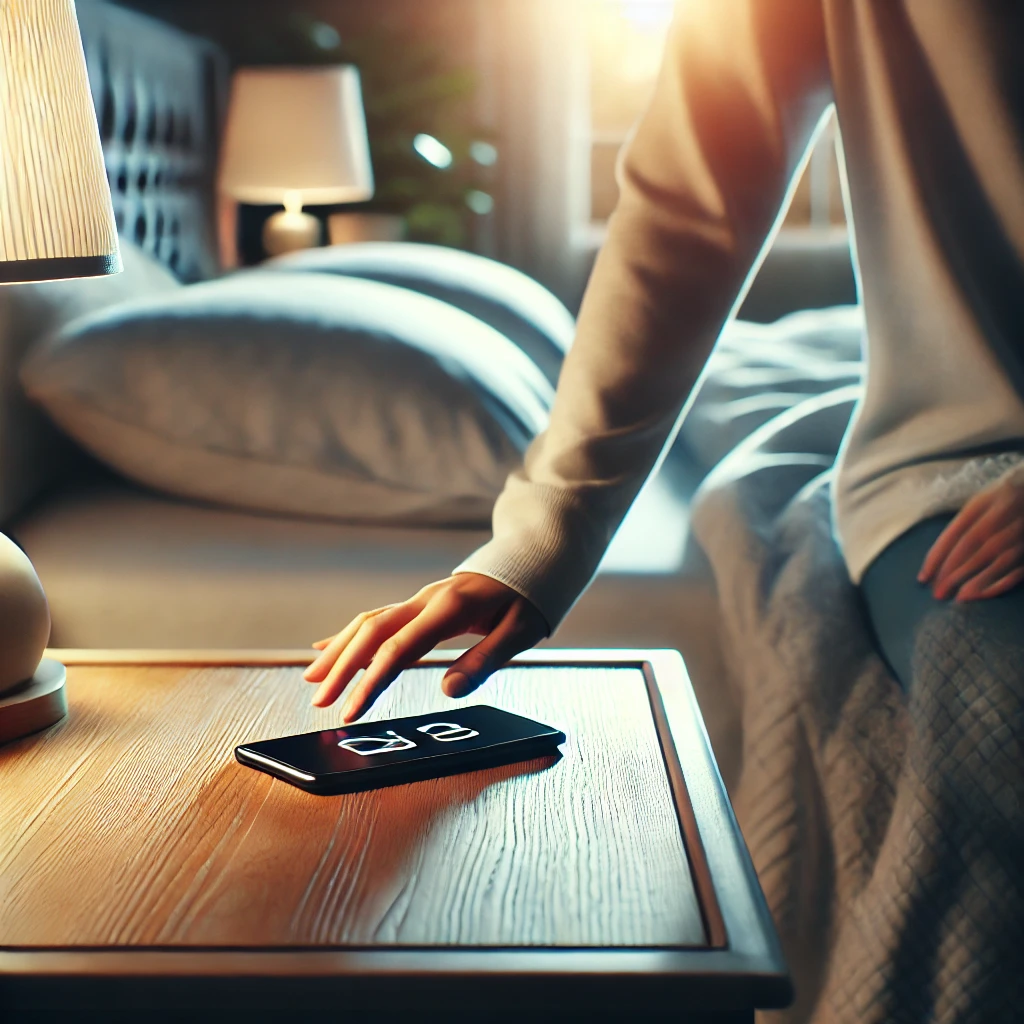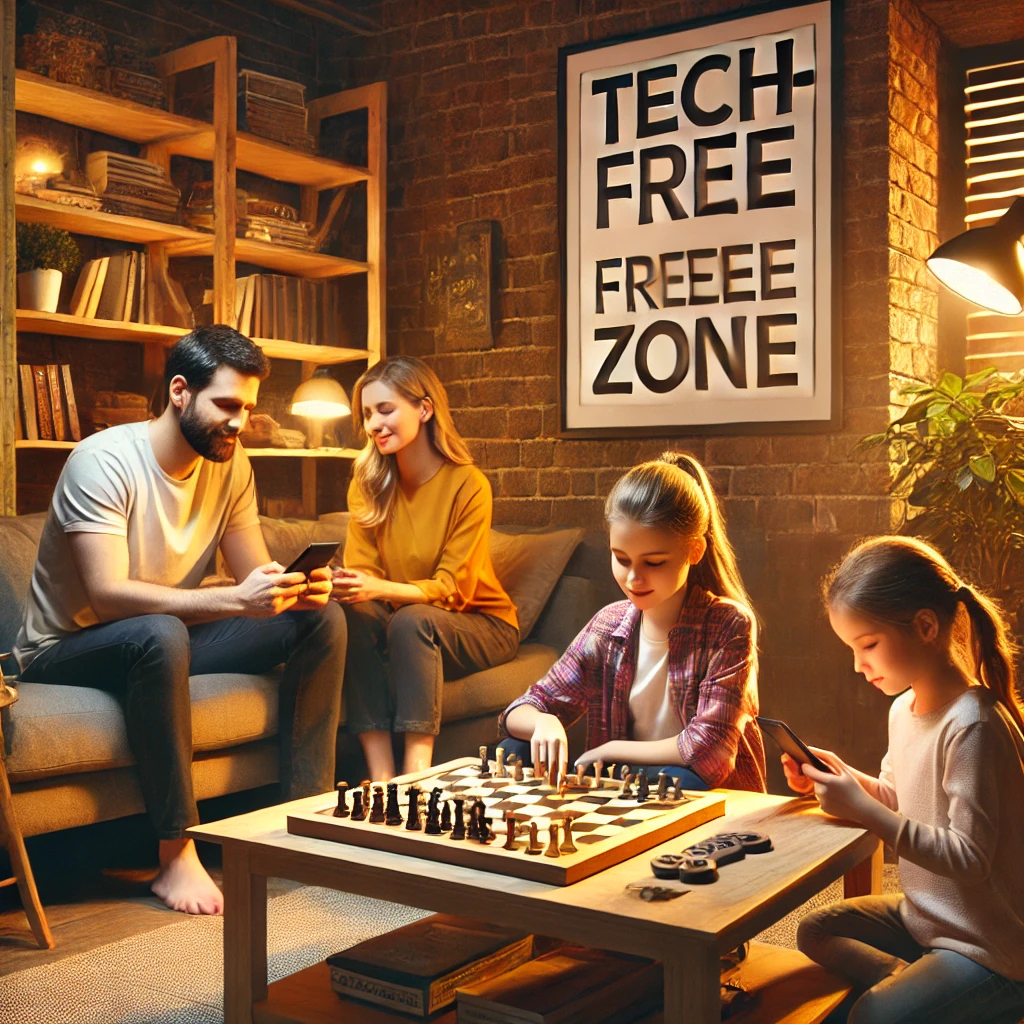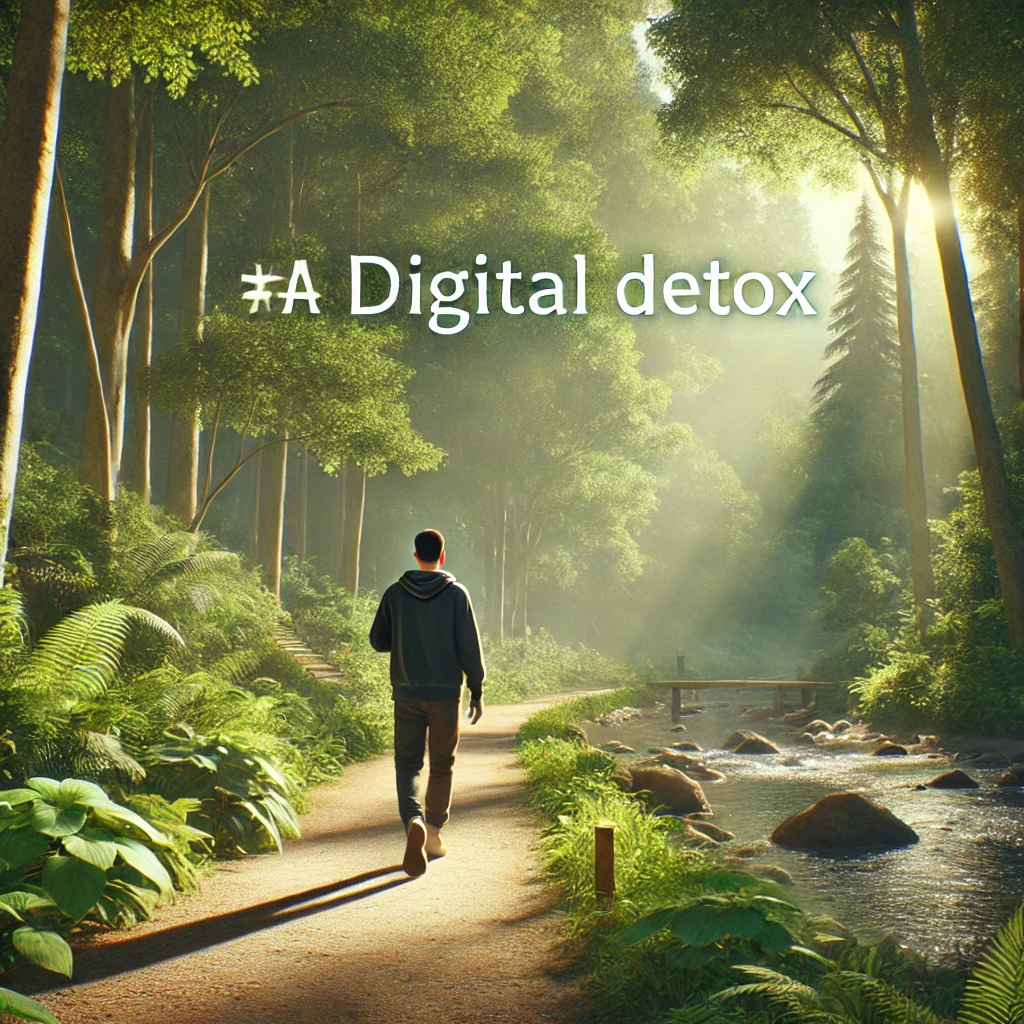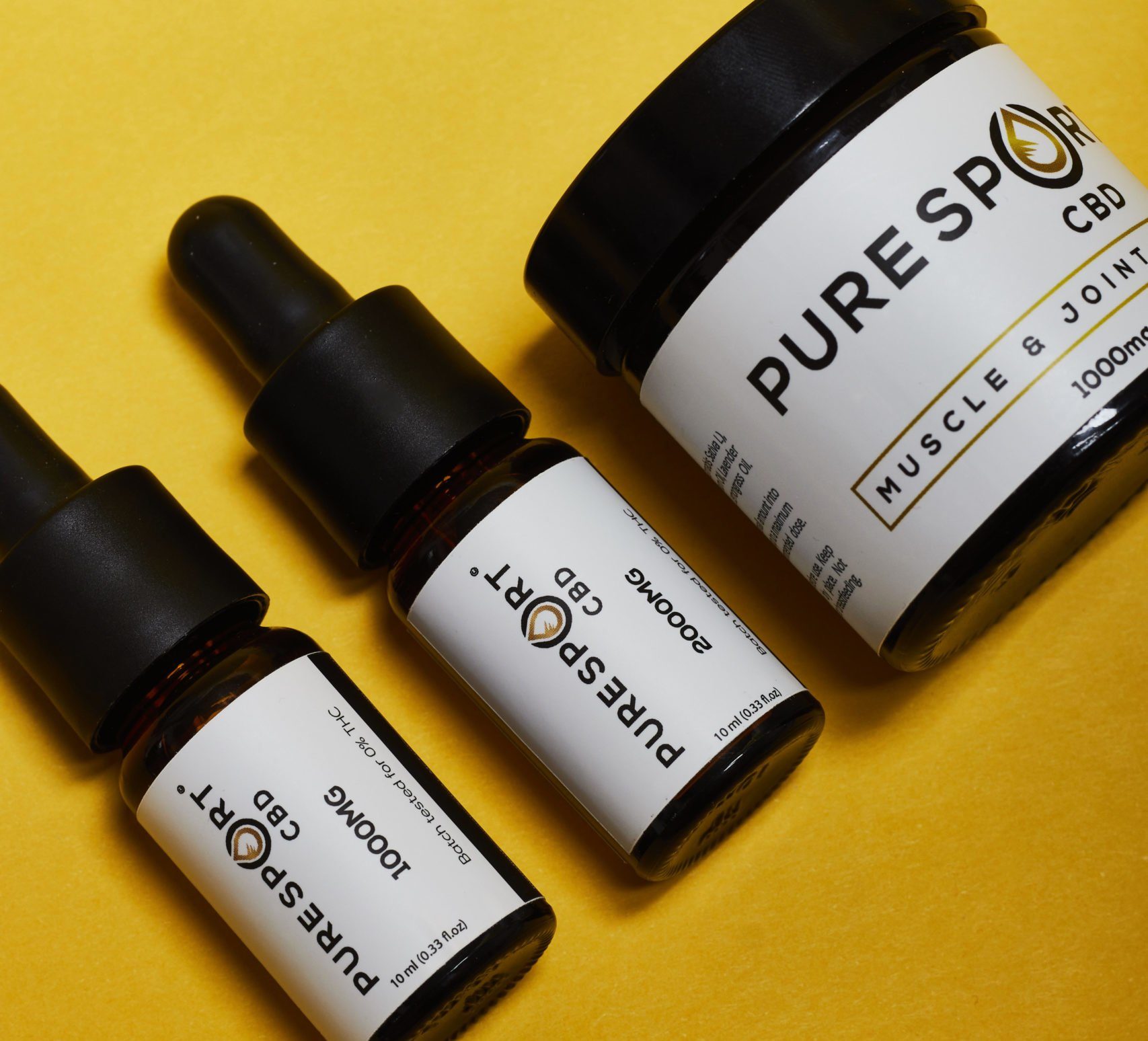Last Updated on novembre 4, 2024 by Luke
Introduction
In today’s fast-paced digital world, we’re constantly surrounded by screens and digital devices such as smartphones, tablets, and computers. Whether it’s our smartphones, mobile phones, computers, or even gaming consoles, the sheer volume of screen time and digital device usage can sometimes feel overwhelming. But have you ever thought about what cutting down on screen time could do for your mental health? If you’re spending too much time on your devices, welcome to the world of digital detox—a way to reconnect with yourself and the real world around you.
What Is a Digital Detox?
A digital detox, or digital detoxification, is simply a break from technology—whether that’s your smartphone, computer, or even gaming devices. It’s all about consciously choosing to unplug from the digital world, taking a break from digital devices, allowing yourself some time off from constant notifications, news feeds, and emails, and breaking the constant connection to digital media.

Think of it as a mini-vacation from your screens. Instead of mindlessly scrolling through social media platforms or refreshing your emails, a digital detox can encourage you to spend your time improving your relationship with your phone by setting it aside and engaging with family, pursuing a hobby, or even just enjoying some peace and quiet. It’s like pressing the ‘reset’ button for your mind, giving you valuable time away from screens.
Why We All Need a Break
We all know the perks of technology, but there’s also a downside. Excessive screen time can lead to stress, anxiety and depression, affecting your mental and physical health. Constant connection keeps us on our toes, making it hard to switch off—literally and mentally. According to research, too much screen time can negatively impact our mental wellbeing.

Studies have found that heavy use of digital devices, especially before bedtime, can disrupt sleep cycles by affecting melatonin production and even affect mood. When we’re always “switched on,” it’s easy to feel overstimulated and mentally drained. And for those of us who tend to compare our lives to others on social media, there’s the added risk of FOMO (Fear of Missing Out). A digital detox may be a great remedy for these issues, giving your brain a chance to recharge and improve your sleep. Our digital habits can significantly impact our wellbeing.
How Technology Impacts Mental Health
It’s no secret that our devices have a real impact on our mental health. Here are a few ways too much screen time can mess with your mind:
1. Sleep Disruption
Scrolling on your smartphone or using electronic devices late at night? That blue light from digital screens messes with a chemical called melatonin, which can delay sleep and make it harder to get a good night’s rest. Poor sleep can lead to increased stress, irritability, and even cognitive problems over time. Additionally, excessive screen time can cause eye strain. A detox can help your body better control your sleep cycles.
2. Increased Anxiety and Stress
Constant alerts and notifications can make us feel like we’re always “on.” Checking your phone constantly contributes to this feeling. Studies have found that adults using smartphones excessively can develop problematic smartphone use behaviors.
3. Social Comparison and Low Self-Esteem
According to research, social media users who spend significant time spent on social media sites like Facebook and Instagram can experience decreased life satisfaction due to constant social comparison. The promise of authenticity on social media often leads to feelings of inadequacy, impacting your mental wellbeing.
Signs You Might Need a Digital Detox
If you’re wondering whether a digital detox is for you, here are some signs that might indicate it’s time to cut back on screen time:

- You feel anxious if you’re without your smartphone.
- You find yourself mindlessly scrolling for hours.
- You check your smartphone first thing in the morning and last thing at night.
- Social media leaves you feeling stressed, lonely, or even envious.
- You struggle to concentrate without checking your device.
Recognize yourself in any of these? Then it may be time for a digital detox. Many people don’t realize how much time they spend using social media or engaged in phubbing—the act of ignoring someone in favor of your smartphone. If you see these signs, you’re not alone; recognizing the need for a digital detox is the first step toward improving your mental wellbeing.
How to Start Your Digital Detox
A digital detox doesn’t mean you have to abandon all technology. It’s about setting boundaries that work for you. Here’s a practical guide to help you get started:
1. Set Specific Goals
Define what you want to achieve with your detox. Maybe you want to reduce screen time before bed or spend less time on social media. Intentionally reduce the amount of time you spend on your devices. The goal of a digital detox is to take control of your digital habits, not necessarily to eliminate the use of technology entirely. Understanding the reasons to do a digital detox can help you commit to it.
2. Create No-Screen Zones
Designate areas in your home as “tech-free” zones. Bedrooms and dining rooms are great places to start. Keep smartphones and other devices out of these areas. Keep your phone away when in these zones, or leave it in a different room to help you spend time away from your phone.
3. Turn Off Notifications
Notifications are the ultimate attention grabbers. To avoid constantly checking your phone, turn off notifications for non-essential apps. This will help you focus and reduce the urge to pick up your phone every few minutes. To make your detox more effective, limit the alerts that disrupt your day.
4. Schedule Screen-Free Time
Plan specific times in your day when you’ll put your smartphone down and focus on something else—whether it’s reading, going for a walk, or spending time with family. By taking time away from screens, you can spend your time engaging in other fulfilling activities.
5. Get Outside
Reconnect with nature! A walk in the park or a hike can do wonders for your mental health. Not only does it give you a break from technology, but it also helps you get some fresh air and exercise, both of which are proven to boost mood. Engaging in person-to-person interactions and outdoor activities can help improve your mental health.
Is a Social Media Detox Right for You?
If you find yourself spending excessive time on social media platforms like Facebook and Instagram, especially within minutes of waking, you might benefit from a social media detox. Social media promises authenticity but often leads to feelings of inadequacy. You’re not alone in feeling this way, and taking time away can help improve your mental and physical health.

Consider a digital detox retreat to fully disconnect and reset your relationship with technology. Reducing digital media use and being mindful of your media use can significantly impact your use and well-being, enhancing your digital wellbeing.
The Benefits of a Digital Detox
So, what can you expect from taking a digital detox? Here are some of the benefits:
Une meilleure qualité de sommeil
Cutting down on screen time before bed can lead to more restful sleep. Without the distraction of notifications or the blue light from your screen, you’re more likely to fall asleep faster and enjoy uninterrupted sleep. Reducing screen time can improve your sleep and enhance the quality of sleep by helping your body better control your sleep cycles.
Reduced Anxiety and Stress
By disconnecting and taking a break from technology, you allow yourself to relax. A break from constant updates and messages can reduce feelings of anxiety and stress, allowing you to focus on the present moment.
Improved Focus and Productivity
By eliminating distractions, you can focus better on tasks at hand. Whether it’s studying, working, or simply enjoying a hobby, a digital detox can improve your concentration and productivity.
Enhanced Social Connections
Taking a break from technology can improve real-life connections. Spending time with friends and family without the distraction of screens can strengthen bonds and make you feel more connected to your loved ones.
Boosted Self-Esteem
Without the pressure to keep up with social media, you might find a renewed sense of self-worth. A digital detox can help you stop comparing yourself to others and focus on what really matters to you. These are just some of the mental health benefits and overall benefits of a digital detox.
Tips for a Successful Digital Detox
Thinking of starting your own digital detox? Here are some tips to make it easier:
- Let People Know – Tell friends and family that you’re cutting down on screen time. They’ll understand if you’re not always reachable.
- Find Alternative Activities – Replace screen time with hobbies you enjoy. Reading, painting, or even going for a walk can be fulfilling alternatives.
- Track Your Progress – Use a journal to note down how you feel each day. Over time, you’ll notice how well your digital detox works in improving your wellbeing.
- Set Realistic Expectations – You don’t have to go cold turkey! Start small by setting time limits or designating tech-free days. Remember, a detox involves setting boundaries that suit you.
Pensées finales
A digital detox doesn’t have to be drastic or all-encompassing. It’s about finding a balance that suits your lifestyle and supports your mental health. Recognizing the need for a digital detox is the first step toward improving your mental wellbeing. It may be time for a digital detox if you’re feeling overwhelmed by technology. Reducing screen time can give you a better sleep, make you feel less stressed, and even boost your self-esteem. So why not give it a go? You might be surprised at how freeing it can feel to step away from the screen and reconnect with the world around you.

By intentionally reducing the time you spend online and using technology, you can improve your overall wellbeing. A detox can help your body better control your sleep cycles and reduce the negative impacts of problematic smartphone use. Remember, taking control of your digital device usage is not just about reducing smartphone use but enhancing the quality of your life.







